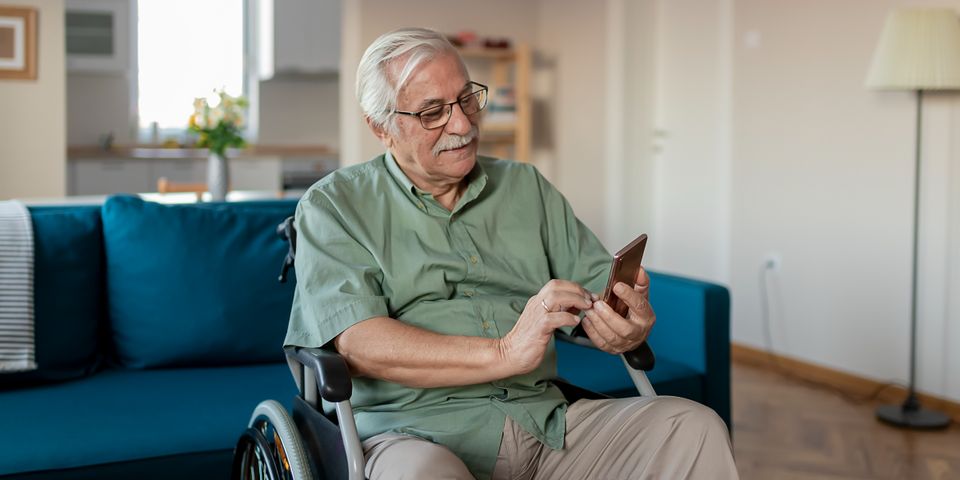What You Should Know About Adaptive Devices

As you age, your body changes, and you may need assistance with daily activities. Adaptive devices are tools that can help older adults remain independent and safe in their homes. Here's what you should know about adaptive devices and how they can improve elderly care.
Dining
Eating can become difficult for seniors with physical disabilities or limited mobility. Adaptive devices such as utensils with large handles, cups with lids and straws, and plate guards can help make mealtime easier and more enjoyable. For those with swallowing difficulties, a speech therapist may recommend a device called a dysphagia cup, which allows for controlled liquid flow.
Mobility
Limited mobility can make it difficult for older adults to move around the house safely. Devices such as grab bars, shower chairs, and raised toilet seats can help reduce the risk of falls and make daily activities easier. For those who need more assistance, a walker or wheelchair may be necessary.
Personal Care
Maintaining personal hygiene can become challenging for seniors with physical limitations. Adaptive devices, such as long-handled bath sponges, shower seats, and hand-held showerheads, can make bathing easier and safer. Dressing aids, such as buttonhooks and zipper pulls, can help with getting dressed independently.
Incontinence
Incontinence is a common issue among seniors, and it can be embarrassing and uncomfortable. Adaptive devices, such as adult diapers, bed pads, and waterproof mattress protectors, can help manage incontinence and maintain a sense of dignity.
If you or a loved one need help with Activities of Daily Living (ADL) which includes meal preparation, light housekeeping, toileting and bathing, trust the professionals at Deer Valley Home Health Services in St. Louis, MO. There’s also the option of arranging for private duty nurse visits, if you do not qualify for Medicaid. Call (314) 355-3679 to discuss your specific needs, or visit them online to learn more about their services.
About the Business
Have a question? Ask the experts!
Send your question

